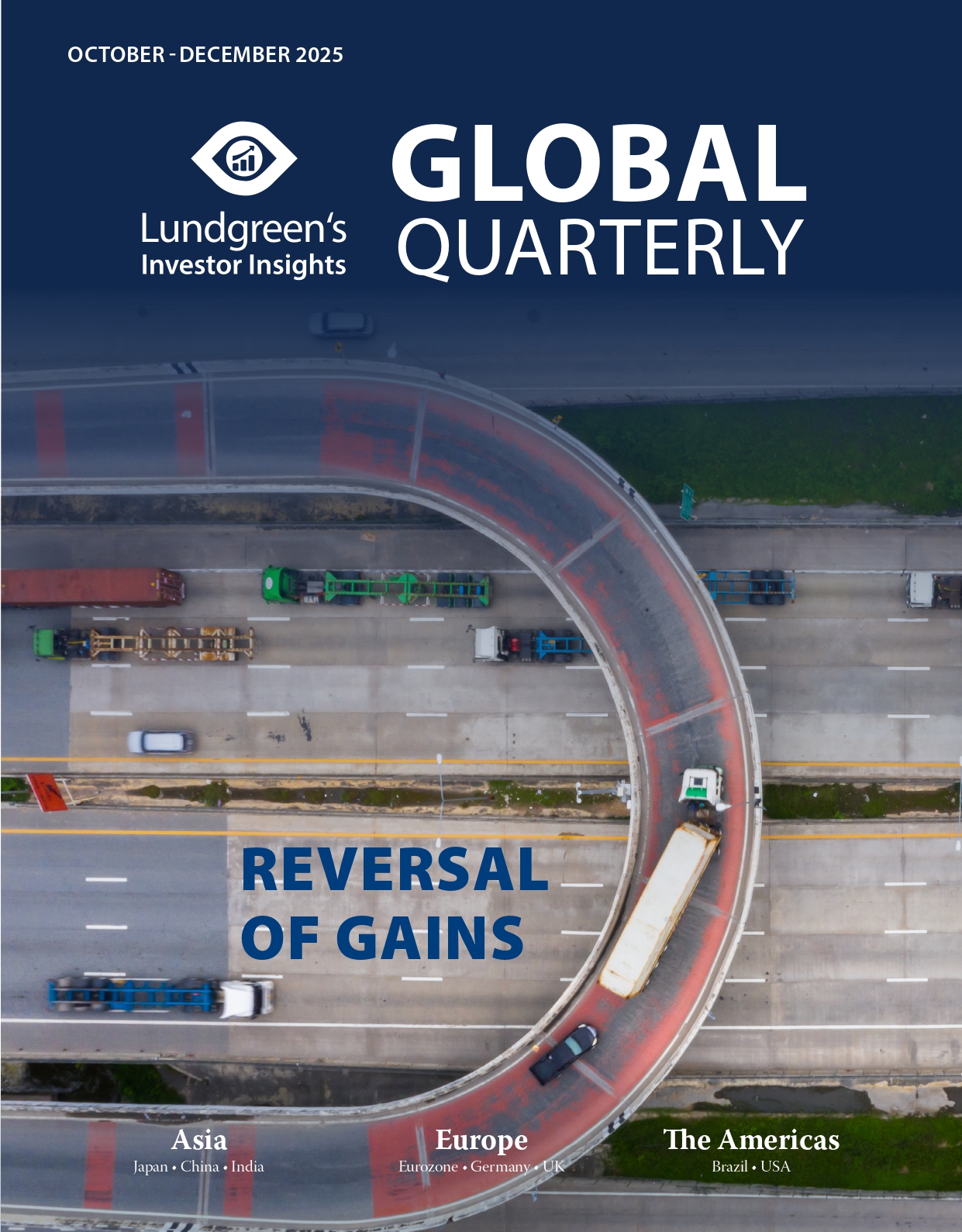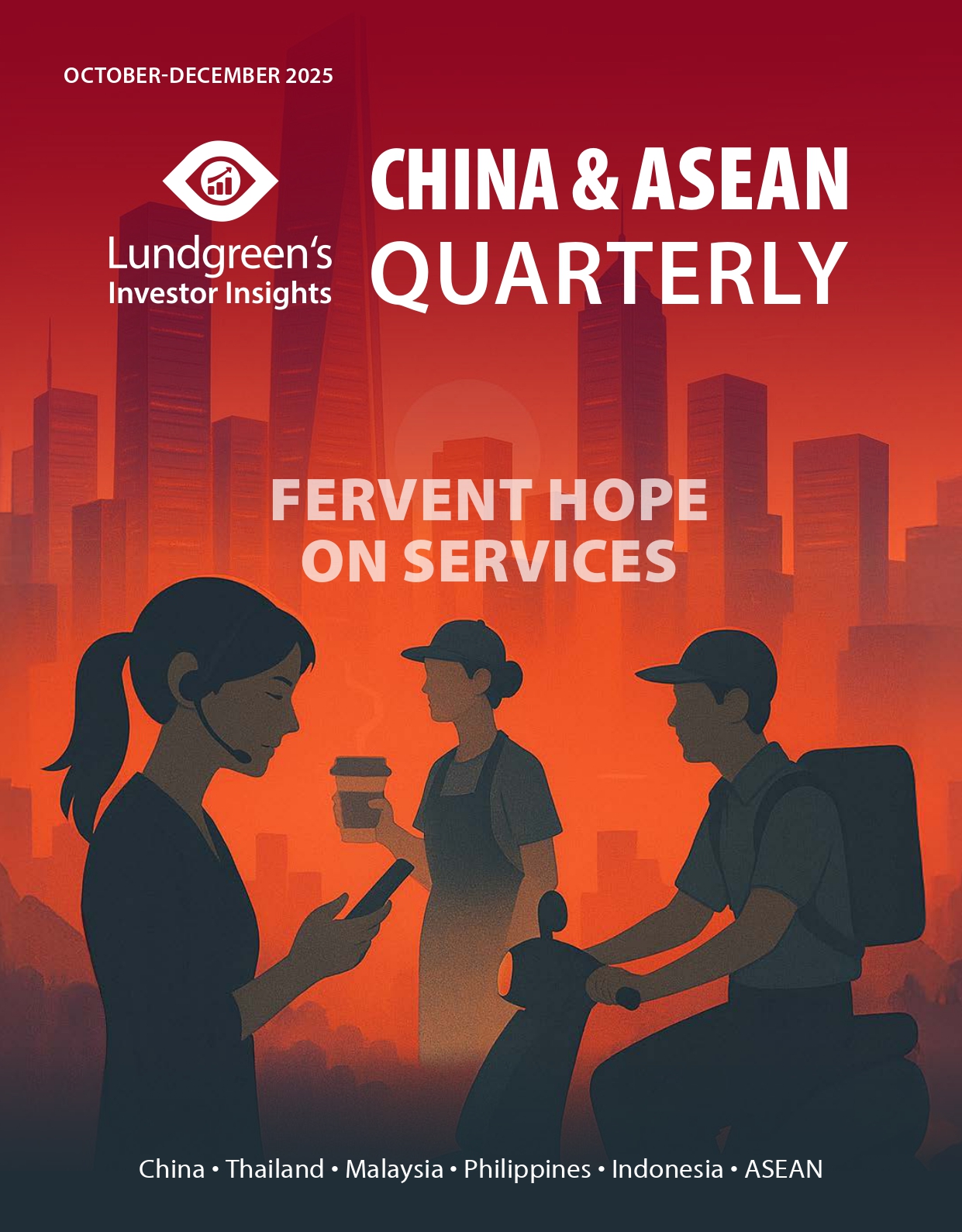Next Week in China: 21-25 July 2025
Major Data Releases:
- 21 July: China to report July 1-year and 5-year loan prime rates (LPR)
- 21 July: Hong Kong to report June Consumer Price Index (CPI)
- 22 July: Taiwan to report June employment rate
- 24 July: Macau to report June CPI
- 25 July: Macau to report April to June employment data
- 27 July: China to report June industrial profits for enterprises above designated size
Next week will see minimal economic data releases for mainland China.
For industrial profits for select businesses, we anticipate it to remain at the bottoming-out stage in June. In May, business profits declined due to a combination of short-term external shocks, persistently low producer prices, and insufficient domestic demand, indicating that a full recovery in industrial operational efficiency will still take time. From January to May, cumulative profits of industrial firms above the designated size decreased by 1.1 per cent year-on-year, a 2.5 percentage point decline compared to April. Specifically, profits in May dropped significantly by 9.1 per cent, down 12.1 percentage points from April to mark the largest decline since last October, highlighting growing operational pressures.
Profits of equipment manufacturers and emerging industries expanded, while incomes of consumer goods manufacturers remained sluggish. Between January and May, equipment manufacturing sectoral profits grew 7.2 per cent year-on-year, contributing 2.4 percentage points to overall profit growth. Within equipment manufacturing, profits increased for seven out of eight sub-industries. Among these, electronics manufacturing, electrical machinery, and general equipment industries posted double-digit growth rates of 11.9 per cent, 11.6 per cent, and 10.6 per cent, respectively. Meanwhile, downstream consumer goods manufacturing profits were weak. The car manufacturers continued to record negative profit growth, with profits declining by 11.9 per cent from January to May versus a year ago, further widening the decline and underscoring why automotive firms have recently intensified their response to price competition. Other consumer manufacturing sectors like pharmaceuticals, textiles, apparel, food manufacturing, and recreational products all reported lower profits year-on-year.
Regarding the LPR, we anticipate the July rates to remain unchanged from 3.0 per cent for the 1-year term and 3.5 per cent for terms exceeding 5 years. After the People’s Bank of China (PBOC) implemented policy rate cuts in May, both LPR tenors declined in tandem, and its effects are currently being transmitted to bank lending rates. The market is expected to enter a short-term observation period, during which LPR quotations may continue to remain stable.
Chinese equities performed stronger over the past week. As of Thursday, 17 July, the MSCI China Index rose by 2.4 per cent. The Shanghai Composite Index climbed by 0.19 per cent, the Shenzhen Component by 1.66 per cent, and the ChiNext Index by 2.82 per cent. From a size perspective, small- and mid-cap stocks still outperformed large-cap stocks while growth stocks outperformed value stocks when viewed according to investment style. Looking ahead, attention on policies curbing excessive price competition persists, with industry-level initiatives being announced particularly for electric vehicles. Industries previously experiencing supply-demand imbalances and intense low-price competition are expected to establish a firm earnings bottom. In the medium- to long-term, competition is anticipated to improve, enabling high-quality development given improved industry self-regulation and support from local governments.
From a market perspective, in the short term, stronger policy expectations and the gradual implementation of relevant measures are expected to continue driving valuation recovery for affected industries. The subsequent market performance will depend on the extent of earnings recovery and a rebound in demand. If future policies effectively lead to demand-side improvement, the sustainability and breadth of the domestic market’s recovery will be strengthened.
This piece has been co-produced with Yiyi Capital Limited in Hong Kong, a China specialist and a part of a global financial services group.







